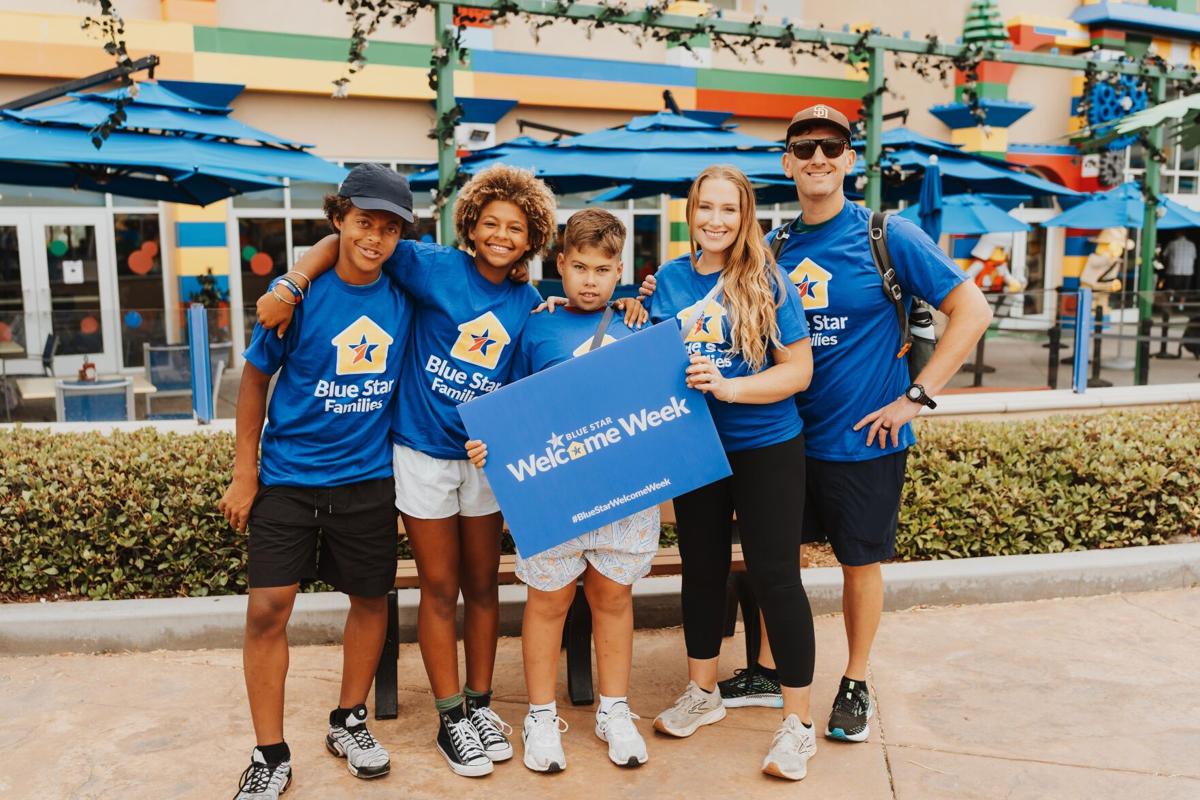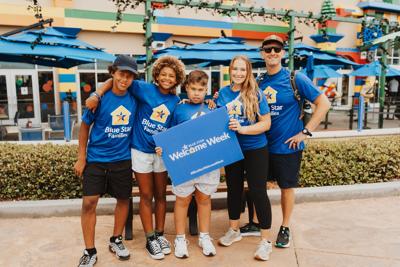(NewsUSA) - One in three active-duty families of color have turned down military assignments due to concerns about racism or lack of inclusion in local communities, according to research from Blue Star Families’ Campaign for Inclusion. For two-thirds of these service members, declining orders led to negative career impacts — and for 15%, it was career-ending.
"When military families of color turn down assignments due to community concerns, it impacts not just family well-being but our national security," said Kathy Roth-Douquet, CEO of Blue Star Families. "With most recruitable U.S. adults projected to be people of color within five years, creating truly inclusive communities isn't just the right thing to do — it's essential for maintaining our All-Volunteer Force."
People are also reading…
The latest research from Blue Star Families' Campaign for Inclusion examined how communities can better support diverse military families through case studies of three distinct military communities: Hill Air Force Base (Utah), San Antonio (Texas, "Military City USA"), and Hampton Roads (Virginia).
Key findings reveal that both formal systems (like community resources and programs) and informal networks (neighbors and local connections) are foundational for military families developing a sense of belonging. Having multiple shared identities — from military affiliation to cultural background — strengthens these connections.
The research found that individual acts of welcome — from neighbors introducing themselves to communities providing culturally relevant services — make the biggest difference in helping military families feel at home. For example, San Antonio's military spouse employment programs and Hampton Roads' diverse cultural resources demonstrate how communities can create infrastructure supporting inclusion.
Building on this, here are five ways individuals and communities can activate to support local military and Veteran families.
- Create Family-Friendly Spaces: Organize inclusive events and shared community spaces that bring military and civilian families together naturally.
- Connect Through Nature: Collaborate on outdoor initiatives like community gardens and hiking clubs that facilitate organic relationship-building.
- Celebrate Diverse Cultures: Host events honoring various cultural traditions throughout the year, not just during designated months.
- Revive Block Parties: Foster neighborhood connections through welcoming events that help military families build local bonds.
- Build Inclusion Programs: Develop comprehensive initiatives focused on direct support, community partnerships, and cultural integration.
"Every community member has the power to help military families feel welcomed and valued," added Roth-Douquet. "These actions aren't just about being good neighbors — they directly impact military readiness and our nation's ability to recruit and retain the force we need."
This research is part of Blue Star Families' ongoing Campaign for Inclusion initiative to strengthen military communities through greater understanding and support of diverse military families.
To learn more about the Blue Star Families Campaign for Inclusion and ways to support military families in your community, visit BlueStarFam.org/CFI.









